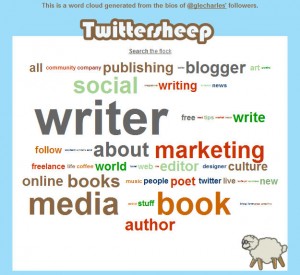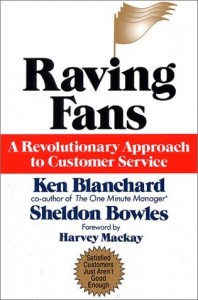Building and Curating Your Community, Part I

With all of the negative news of late about the collapse of the publishing industry and the “death of print”, combined with the report that Captain America, Chesley Sullenberger, “scored a $3.2 million two-book deal with HarperCollins’ William Morrow imprint” for a memoir and a book of inspirational poetry, one might understandably think that jumping into the publishing game right now would be like investing in Ruth Alpern’s new hedge fund based on the advice of Jim Cramer, no?
Actually, no; not at all.
While the major publishing houses continue their suicidal death spiral, and being a mid-list author or aspiring newbie at one of them is less appealing than it’s ever been, this is arguably the proverbial moment of opportunity in a time of crisis for indie authors and publishers.
As I’ve noted previously, self-publishing is becoming an increasingly viable option for non-fiction writers and poets, as well as for ambitious genre fiction writers who understand that, no matter who their publisher is, they’re going to have to bust their ass to market their book and hand-sell it to as many people as possible, one copy at a time, in person and online. These savvy authors know that they have to build a platform for themselves over time — something almost every major publisher requires these days — and know how to use it, attracting a loyal tribe and continually nurturing it.
This exact same opportunity exists for indie publishers who can identify an under-served genre or topic of interest, carve themselves a niche and build a platform around it, and produce quality content that attracts a following that they can then nurture into a passionate community, or tribe.



 When my CEO sent me a friend request on Facebook last year, I had to rethink how I was using the site.
When my CEO sent me a friend request on Facebook last year, I had to rethink how I was using the site.
